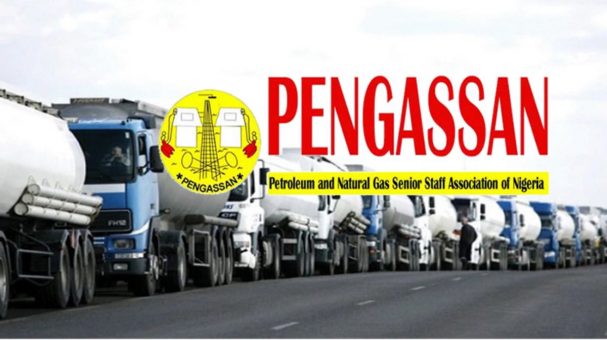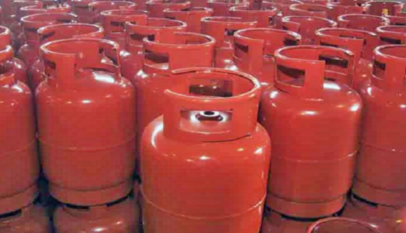The recent clash between the Petroleum and Natural Gas Senior Staff Association of Nigeria (PENGASSAN) and Dangote Refinery revealed a troubling disregard for the public good. At issue were allegations that workers were dismissed or transferred for joining a union. If proven, such conduct by management is wrong and should be corrected. But PENGASSAN’s chosen response, threatening a shutdown of crude and gas supply to the refinery, was reckless and morally indefensible.
Dangote Refinery is more than a private business; it is a strategic national asset. With a capacity of 650,000 barrels per day, it represents Nigeria’s best hope of ending its dependence on imported petroleum products, stabilising domestic supply, and saving billions in foreign exchange. Any disruption at this critical facility would have immediate consequences for fuel availability, prices, and national economic stability.
By threatening to choke off crude and gas supply, PENGASSAN placed its grievance above the welfare of millions. A shutdown would not have punished management alone; it would have punished ordinary Nigerians: market traders, transport operators, and families already crushed by inflation. Industrial action is a legitimate tool, but when it risks collapsing essential services, it ceases to be a defence of workers’ rights and becomes hostage-taking.
Unions play an essential role in Nigeria’s democracy, protecting workers against exploitation. But with that role comes responsibility. Reckless escalation erodes public trust and weakens their moral authority. Disputes in strategic sectors must be resolved through negotiation, lawful processes, and, if necessary, the courts—not through threats that imperil the entire economy.
This episode offers lessons on all sides. Employers, no matter how powerful, must respect union rights. Workers deserve protection from intimidation. But unions must wield their influence responsibly, with restraint and a clear regard for the national interest. The government, too, must step up to create stronger legal safeguards around essential industries so that the economy is not repeatedly dragged to the brink during labour disputes.
Nigeria cannot afford to gamble with its most critical infrastructure. The refinery is too important, and the public too vulnerable, for unions to use disruption as a bargaining chip. Defending workers’ rights is noble; endangering a nation to do so is not.


































